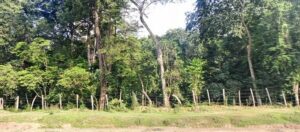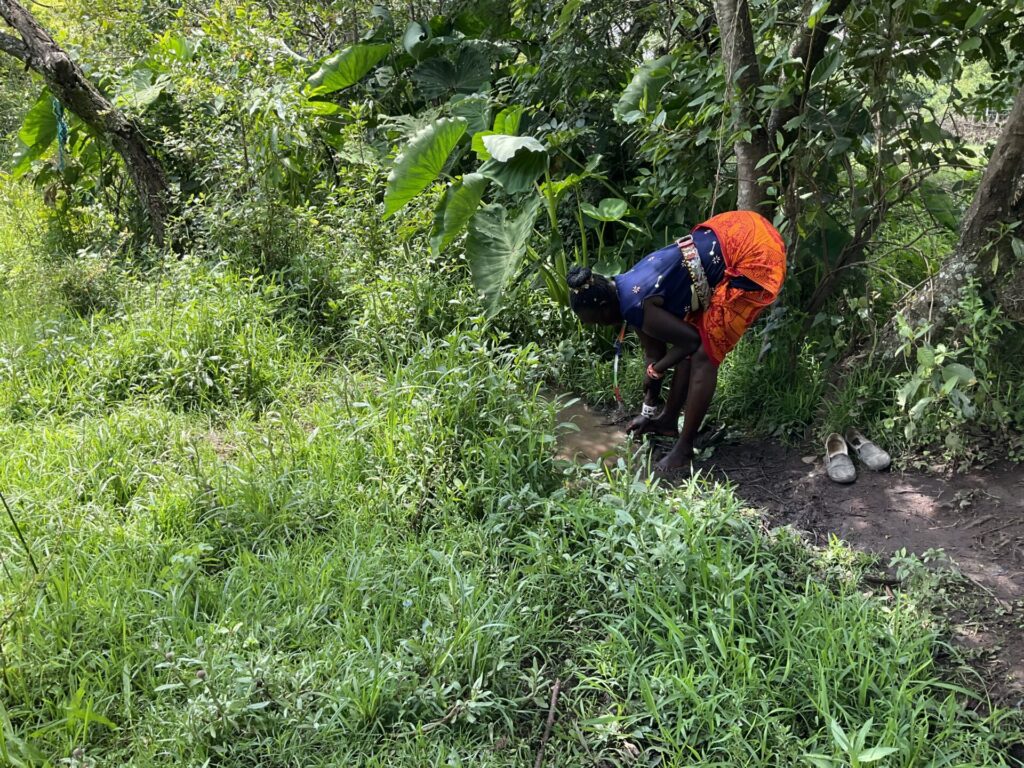
Environmental conservation is the practice of us humans saving the environment from the loss of species, and the destruction of the ecosystem, primarily due to pollution and human activities. Conservation is vital in saving and helping both animals and trees as we are all dependent on one another for survival. We only have one planet on which we live. The planet is full of resources, some renewable and some not, but unfortunately, we have an ever-growing population that poses a huge threat to all these resources. It is therefore unclear what future generations will find, if ever, and what life will be like for them if we exploit all the current resources. To fix this issue as well as ensure we leave some resources for the future.
Trees convert carbon dioxide produced by factories into oxygen, which helps us breathe and respire. The loss of species, which makes them go extinct, would mean they are forever lost and cannot be seen by curious eyes, or studied by the scientific minds. Additionally, such loss or destruction of ecosystems would disrupt the food web messing up the whole ecosystem in general. There is much to do when it comes to rebuilding and protecting what’s left of natural resources and the biodiversity within our ecosystems. Environmental conservation is an umbrella term that defines anything we do to protect our planet and conserve its natural resources so that every living thing can have an improved quality of life. If the land is to be used by humans, it should only be utilized for its natural beauty and inspiration. Environmental conservation comes in many forms and reminds us to be mindful of daily choices. No matter how busy your life may be, it remains fairly easy to make small, yet necessary, changes for the good of the Earth.
If we all took little steps, we would make our way towards major progress. This can be achieved by paying more attention to what we buy and not using resources unnecessarily. We must also remember to recycle and dispose of chemicals properly so that the ground and bodies of water are not poisoned. Women in Transmara west sub county in Narok have been the champions in environment conservation starting from selling the seedlings in the market to other people and also planting at their homes and in their traditional Manyattas.Maaasi community have not embrace the culture of planting trees since most parts of the county is covered by natural forest but non-locals are destroying at a supersonic speed and the locals are doing anything about it. I very sure we realize the impact of this behaviours when it’s too late and there nothing we can save and we all understand prevention is better cure.

